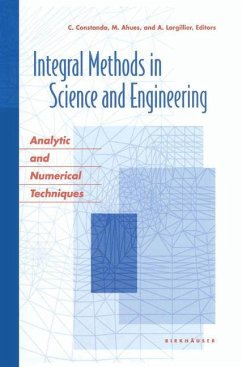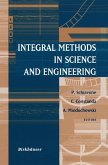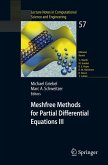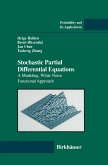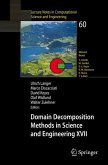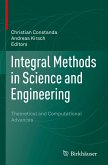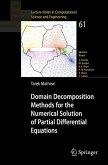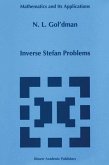An outgrowth of The Seventh International Conference on Integral Methods in Science and Engineering, this book focuses on applications of integration-based analytic and numerical techniques. The contributors to the volume draw from a number of physical domains and propose diverse treatments for various mathematical models through the use of integration as an essential solution tool.
Physically meaningful problems in areas related to finite and boundary element techniques, conservation laws, hybrid approaches, ordinary and partial differential equations, and vortex methods are explored in a rigorous, accessible manner. The new results provided are a good starting point for future exploitation of the interdisciplinary potential of integration as a unifying methodology for the investigation of mathematical models.
Physically meaningful problems in areas related to finite and boundary element techniques, conservation laws, hybrid approaches, ordinary and partial differential equations, and vortex methods are explored in a rigorous, accessible manner. The new results provided are a good starting point for future exploitation of the interdisciplinary potential of integration as a unifying methodology for the investigation of mathematical models.
"These proceedings contain invited and contributed papers presented on [the] occasion of [a] 2002 meeting in Saint Étienue, France. The contributions tackle quite naturally very diverse field and can[not] possibly be described in content in a few words. Let us therefore just mention the contents of three contributions. - P.A. Martin discusses fundamental solutions of various partial differential equations in connection with functionally graded materials, in the case that the material properties vary exponentially in one direction. In another paper, M.-C. Rivara and N. Hitschfeld discuss mesh generation algorithms, which automatically refine and improve the triangulation. Finally, B. Rutily discusses some aspects of multiple scattering theory, in particular methods under development applicable especially in problems of stellar atmospheres." -Monatshefte für Mathematik

